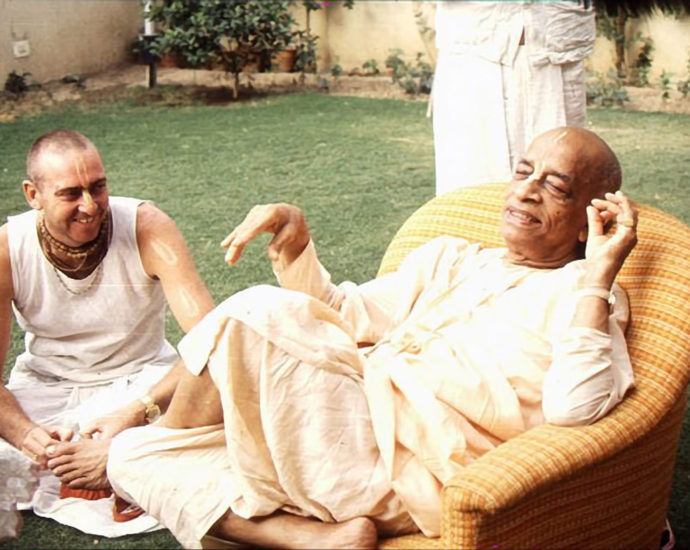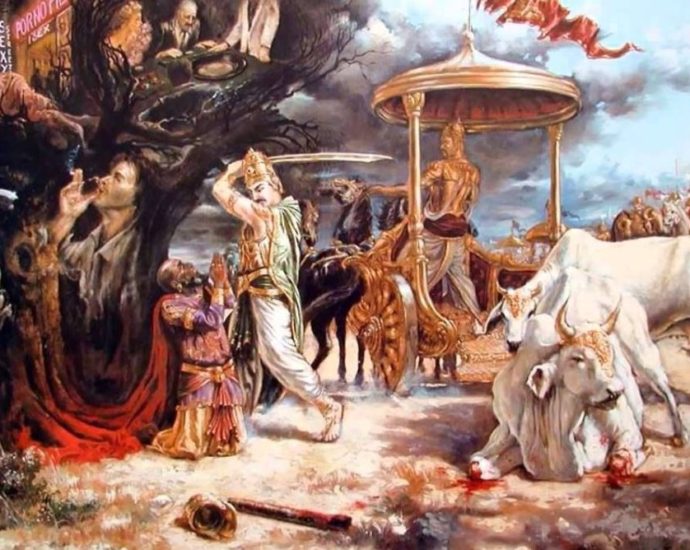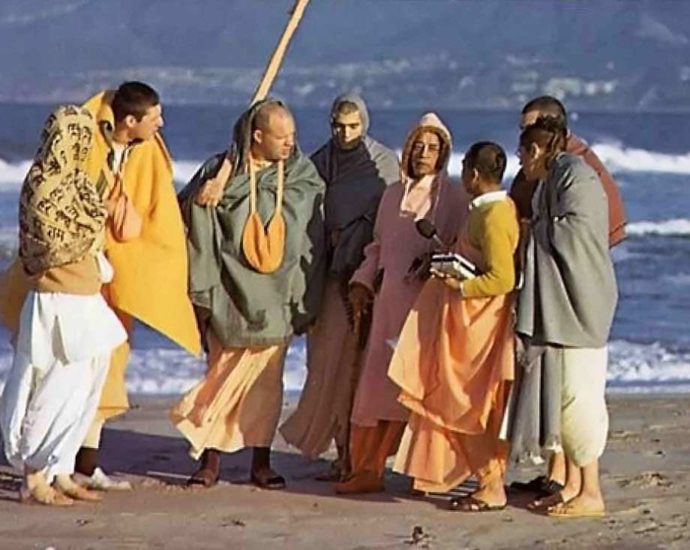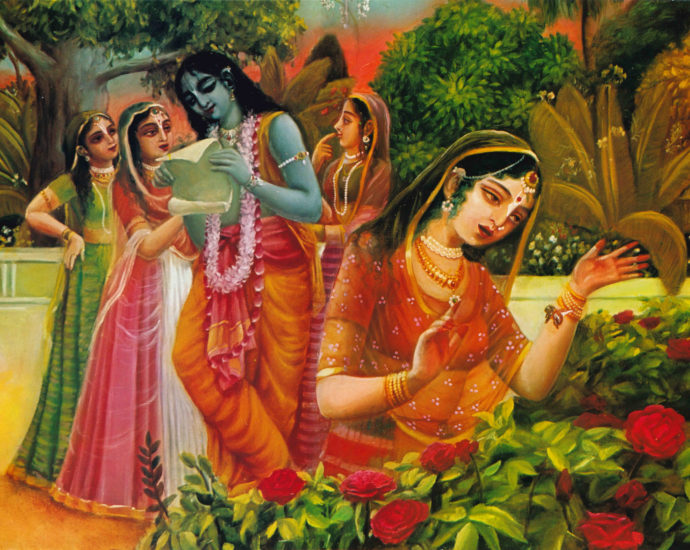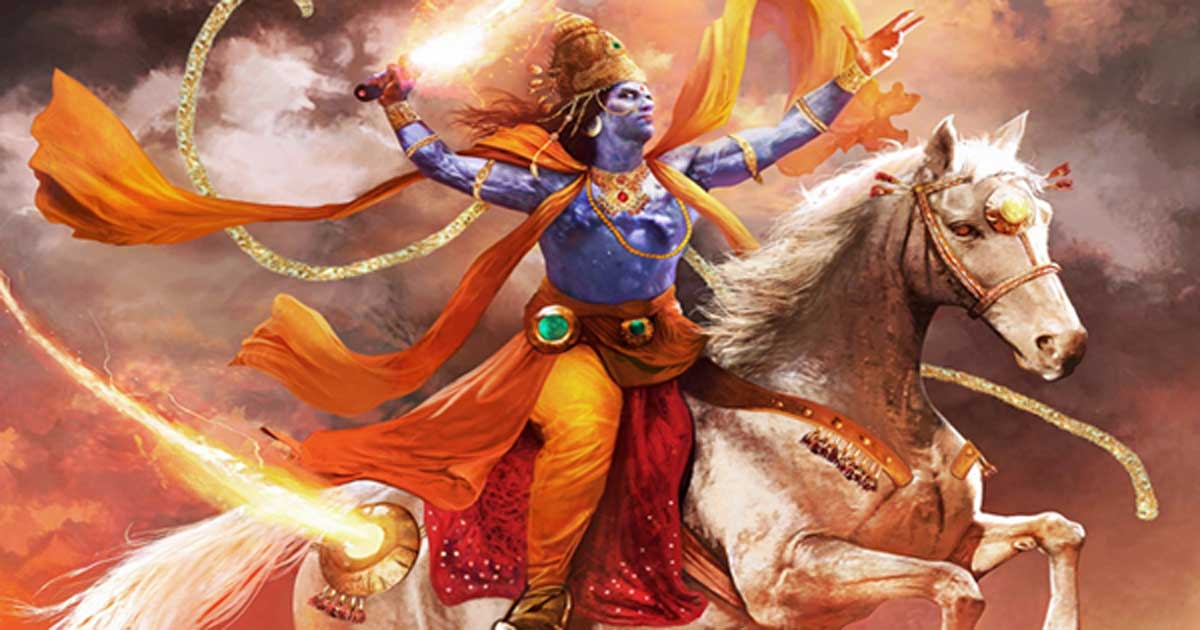Don’t Worship the Supreme Personality of Godhead to Fulfill Some Material Desire
Śrīla Rūpa Gosvāmī describes pure devotional service as anyābhilāṣitā-śūnyaṁ jñāna-karmādy-anāvṛtam. One should not worship the Supreme Personality of Godhead to fulfill some material desire for success in fruitive activities or mental speculation. To serve the lotus feet of the Lord means to serve Him exactly as He desires. The neophyte devotee isContinue Reading

